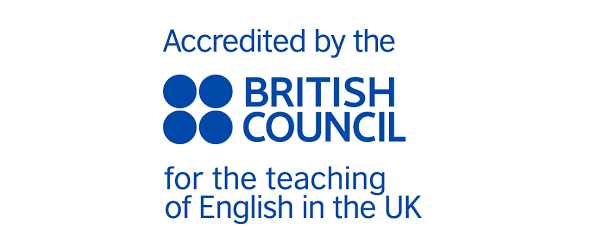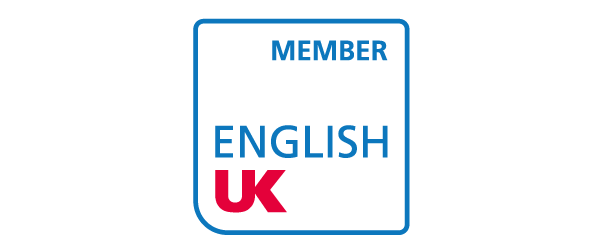|
Classroom Tips and Resources
NILE CEFR Filtering Tool with YL proficiency descriptorsThis month we focus on the NILE CEFR Filtering Tool, developed for the updated CEFR descriptors in the Companion Volume (2020) and recently enhanced with related Young Learner (7-10 and 11-15 year olds) proficiency descriptors. This free tool, built in Microsoft Excel, allows you to isolate relevant CEFR descriptors at a click, according to parameters of CEFR level, scales, skill, etc. Access the tool by signing up to the free NILE Members Area, and if you want to see more, please watch this NILE CEFR Filtering Tool Introductory Video.
Chatting or Cheating?It seems you can’t now go a day without some mention of AI - it can give us audiobooks and create evocative images (Google the character Loab) that intrigue humans. Of more specific relevance to ELT practitioners is how the airwaves have been buzzing with chat about AI robot ChatGPT’s ability to generate text content including whole books - and doubtless it’s been no different in your workplace powwows. The arrival of this AI bot has had us at NILE HQ deliberating and cogitating, with some terrified and others excited, and this twin reaction seems a microcosm of what’s out there in the wider world. After Elon Musk’s response which was that we can now bid homework goodbye, I’ve been asking myself when I review the requisite sample of a CELTA applicant’s writing, "will I know if they’ve put the task I set through ChatGPT?" We posed ‘Teaching is a job for life, a vocation. Discuss’ and the bot gave us an articulate answer easily at the C1+ level required and when we hit ‘Regenerate’, another, of the same quality, with no clue to the absence of a human at the keyboard. If we thought plagiarism was an enemy of education, then the landscape we’re in with ChatGPT is way beyond that. Check out the irony of this exchange: ‘Can ChatGPT help students cheat?’, to which the bot responded, ‘It is not appropriate to use chatbots to cheat...cheating goes against the values of honesty, integrity and fairness, and undermines the education system.' Assuming that ChatGPT won’t destroy itself in light of that response, and to counter our reasons to be fearful with some cheer, we would like to share four key points:
The ultimate concern is perhaps whether we might be one day replaced, and we can take comfort from Goldstaub, who speaking on BBC Radio 4’s Woman’s Hour said, ‘some people ask me “is an AI gonna take my job?” and I always say “no but somebody using AI better than you might do”’. So the view from Norwich is: love it or loathe it, it’s here to stay – and let’s find a way to work with it.
BBC Radio 4 The Today Programme 12.1.23 The Business Insider [accessed 13.1.23] The Guardian [accessed 13.1.23] New York Times [accessed 13.1.23] Stanford Graduate School of Education Research Stories [accessed 13.1.23] BBC Radio 4 Woman’s Hour 11.1.23
|



